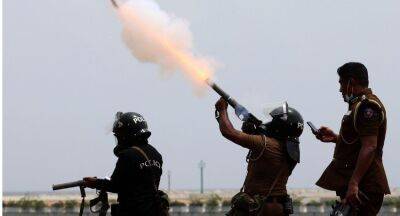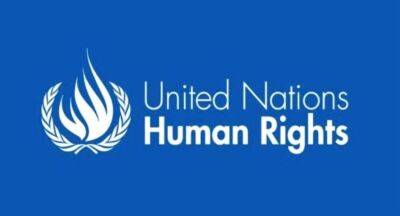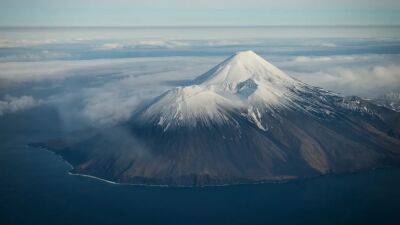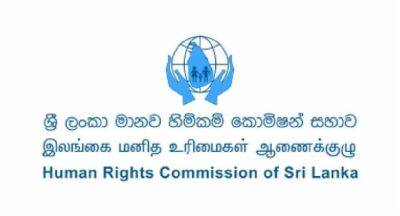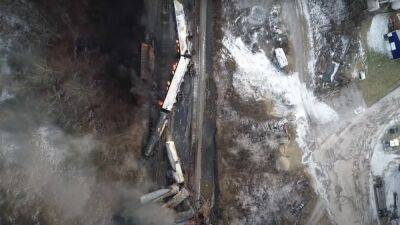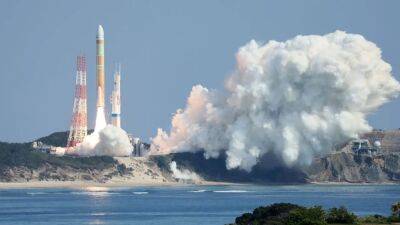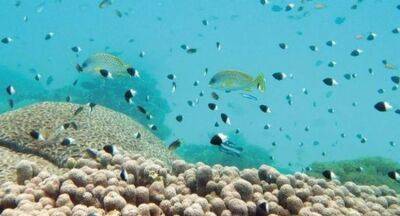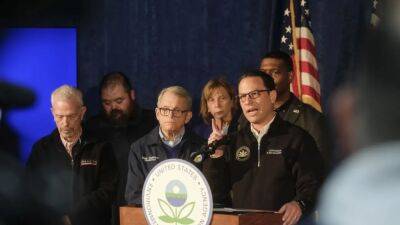Climate change poses ‘long-term’ threat to Canada’s security, spy agency warns
climate change poses a profound, ongoing threat to national security and prosperity, including the possible loss of parts of British Columbia and the Atlantic provinces to rising sea levels.A newly released analysis by the Canadian Security Intelligence Service also foresees an increase in ideologically motivated violent extremism from people who want to speed up climate change solutions and those more interested in preserving their current way of life.
Read more: Treasure, conflict, and survival in Canada’s peatlands The brief was prepared in April 2021 but only recently disclosed to The Canadian Press in response to an Access to Information request filed in October of that year.CSIS spells out several concerns presented by global warming, ranging from looming dangers to Arctic, coastal and border security to serious pressures on food and water supplies.The spy service says its preliminary examination determines that climate change “presents a complex, long-term threat to Canada’s safety, security and prosperity outcomes.”“There will be no single moment where this threat will crystallize and reveal itself, for it is already underway and will incrementally build across decades to come.”A senior CSIS official flagged the service’s interest in tracking the fallout from climate shifts at a security conference in November 2021, saying the agency must continue to anticipate “the next threat” in order to support other government players.“It’s not surprising that security agencies are starting to pay more attention to this because clearly climate change is starting to bite,” said Simon Dalby, a professor emeritus at Wilfrid Laurier University who studies climate effects, environmental security and geopolitics.The CSIS brief.
Read more on globalnews.ca


